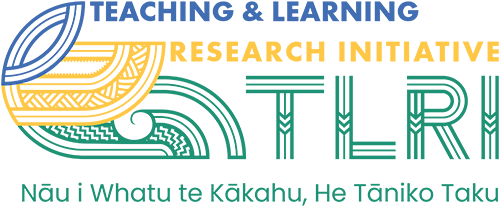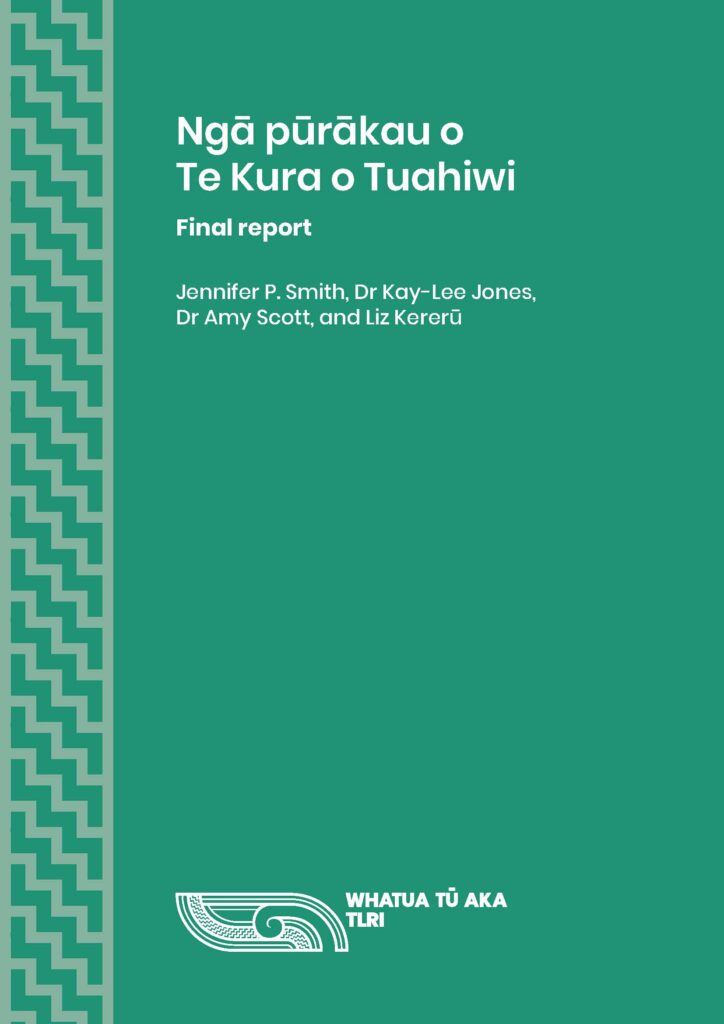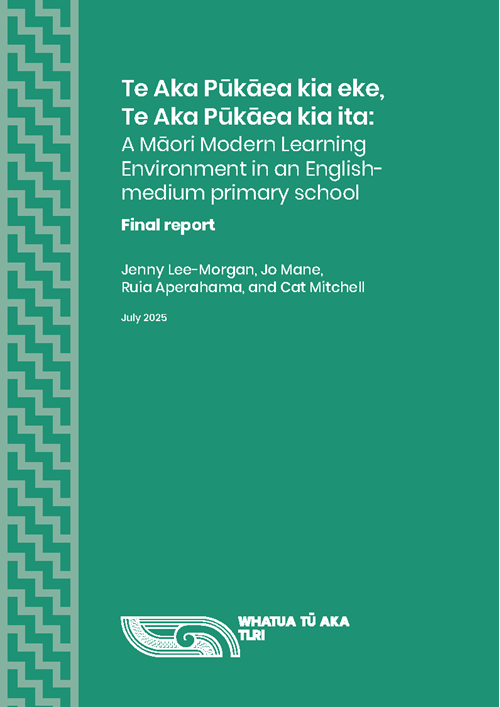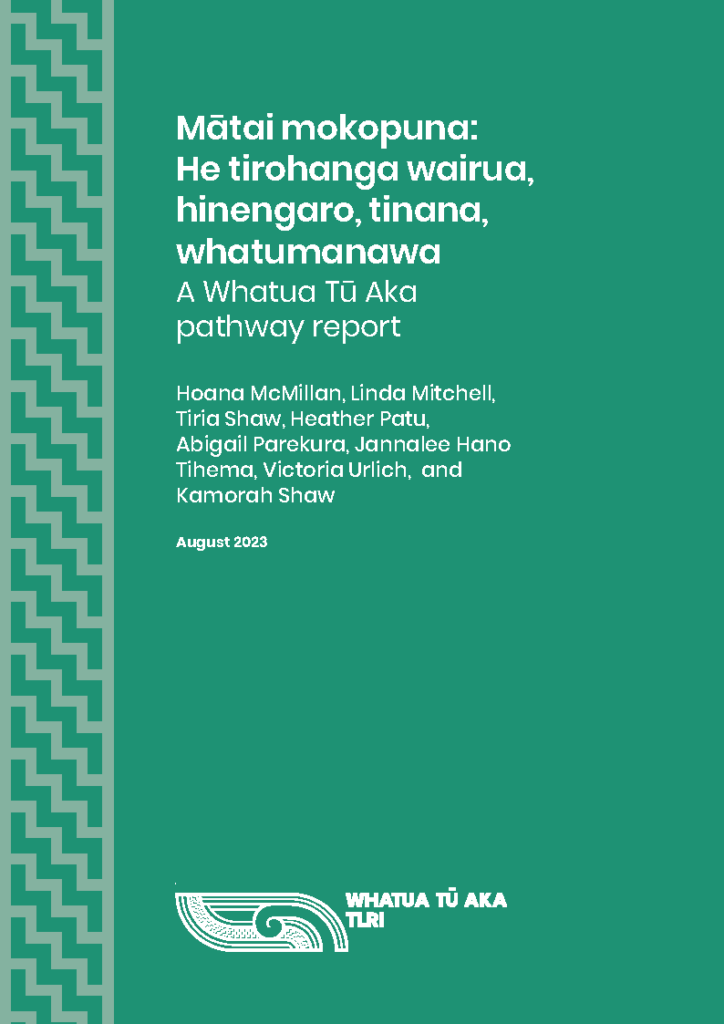Intro / Project description
The proposed project addresses a critical educational priority for Aotearoa New Zealand, He mana ōrite mō te mātauranga Māori in science education. Our project addresses this challenge through a partnership with high school kaiako who are currently teaching and/or working towards teaching about Te Ao Tūroa in the science learning area from the perspective of both mātauranga Māori and science. Key aims of this project are to (1) build kaiako capacity and leadership for teaching mātauranga Māori alongside science in high school settings and (2) explore authentic assessment practices that appropriately capture student learning, broadly defined.
Aims
Our proposed project aims to:
- Build capacity and leadership for he mana ōrite o mātauranga Māori in science education, and
- Explore the development of innovative and culturally sustaining approaches to assess student learning in a multiple knowledge systems approach that includes both mātauranga Māori and science.
Why is this research important?
The potential impact of this research is significant. It will contribute to the development and implementation of a multiple knowledge systems approach to science education to introduce innovative authentic assessment methods and address systemic challenges in science education. Moreover, it has the potential to enhance student engagement and inform education policy at a national level and beyond. By developing innovative approaches to assessing mātauranga Māori and science learning, this work will contribute to the broader goals of decolonising education and enhancing the recognition of indigenous knowledge systems within formal education structures.
What we plan to do
Through partnerships with high school kaiako (teachers) from three schools across Aotearoa New Zealand, the project will explore how teachers create opportunities for students to draw from both mātauranga Māori and science in their explorations of Te Ao Tūroa (the natural world). Using a participatory design approach centred on wānanga (collaborative knowledge creation), we will investigate challenges and supports that enable kaiako to implement and lead multiple knowledge systems approaches at their schools. The project will document teacher leadership practices, curriculum innovations, and professional development needs.
In the second phase, we’ll focus on assessment practices, examining how formal structures like NCEA impact teaching and learning in this context, how multiple knowledge systems shape classroom assessment, and what innovative assessment approaches effectively capture student learning while honouring both knowledge systems.
The project aims to build teacher capacity and leadership while developing culturally sustaining assessment frameworks adaptable across diverse contexts.




